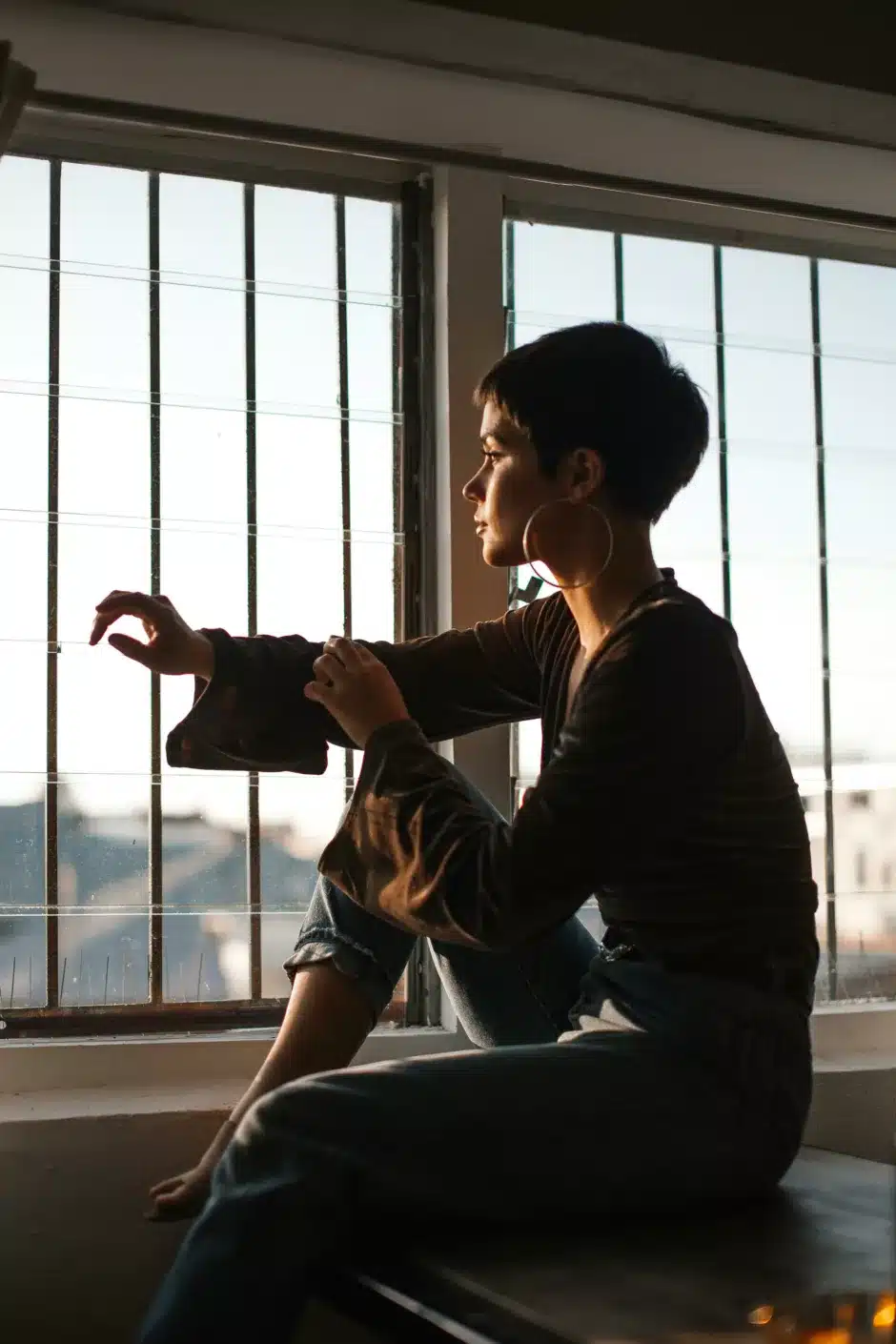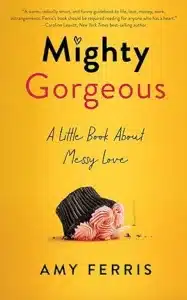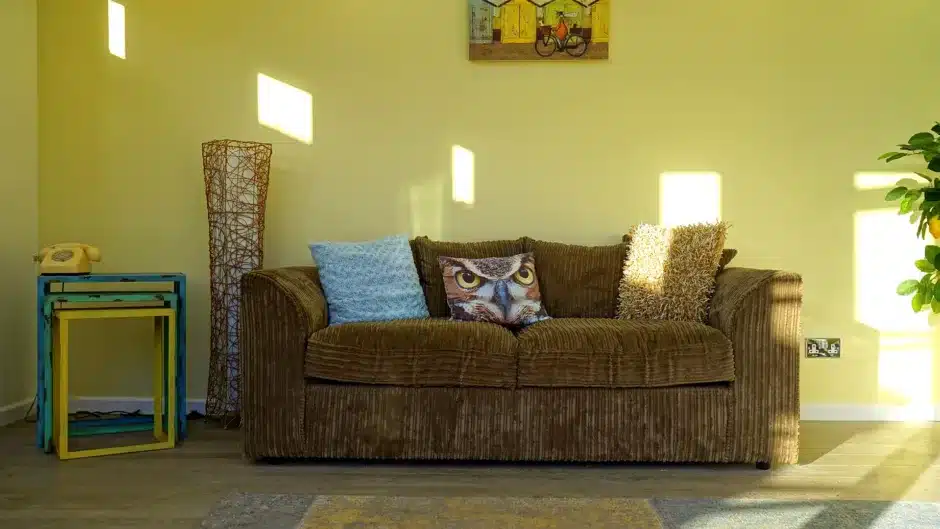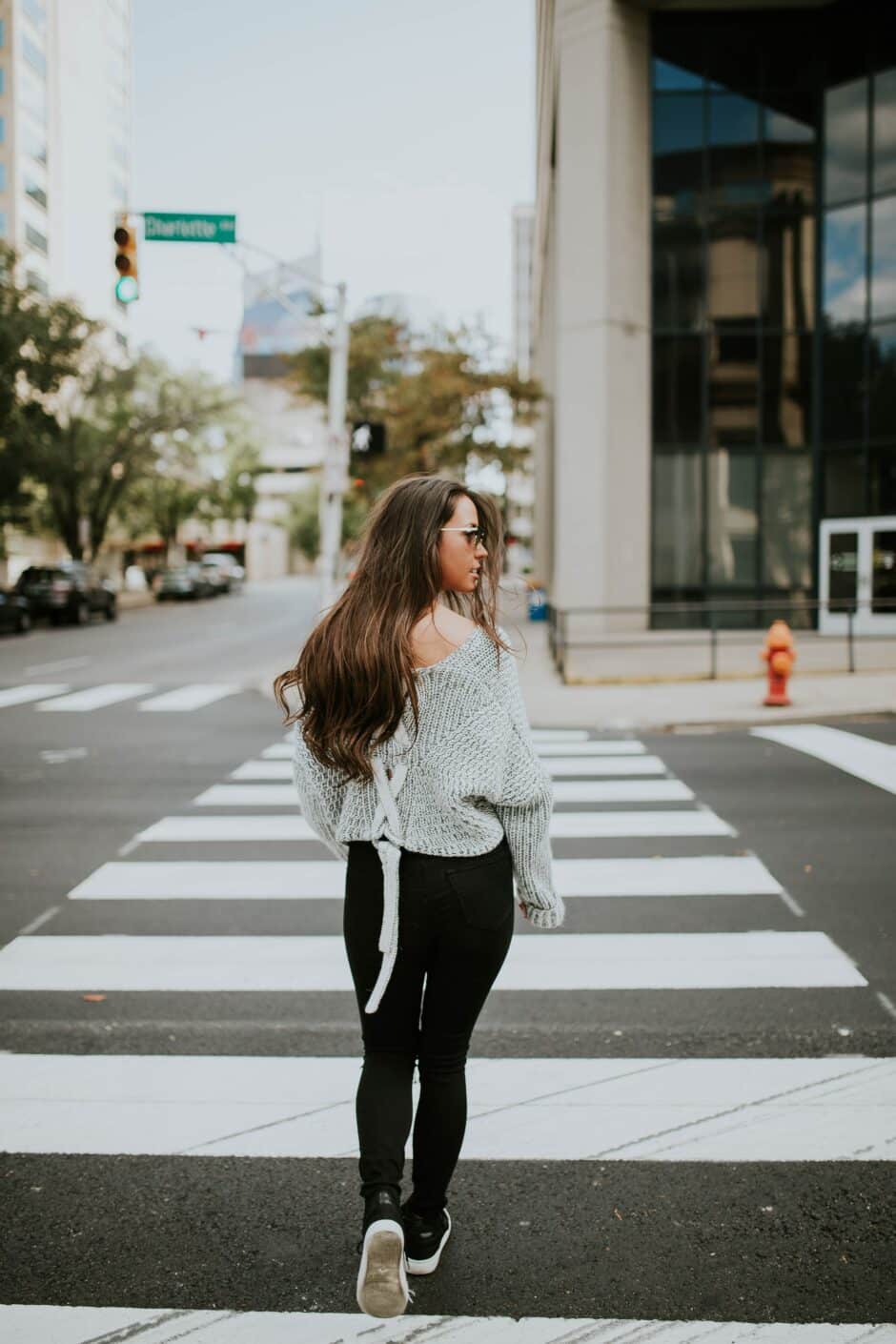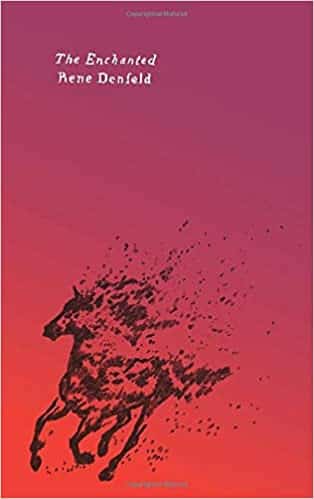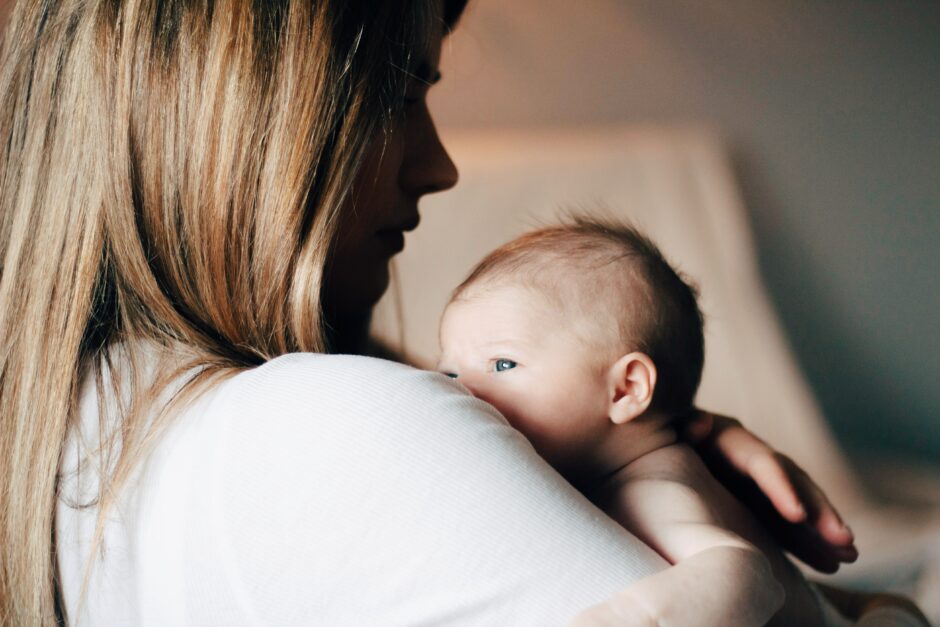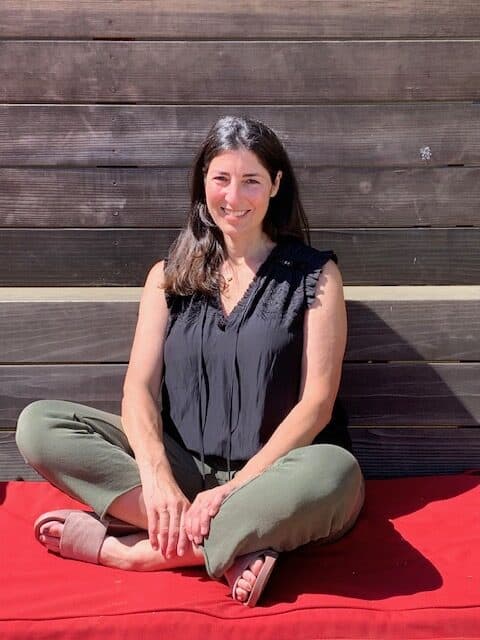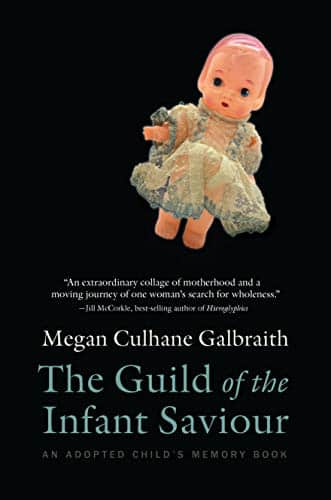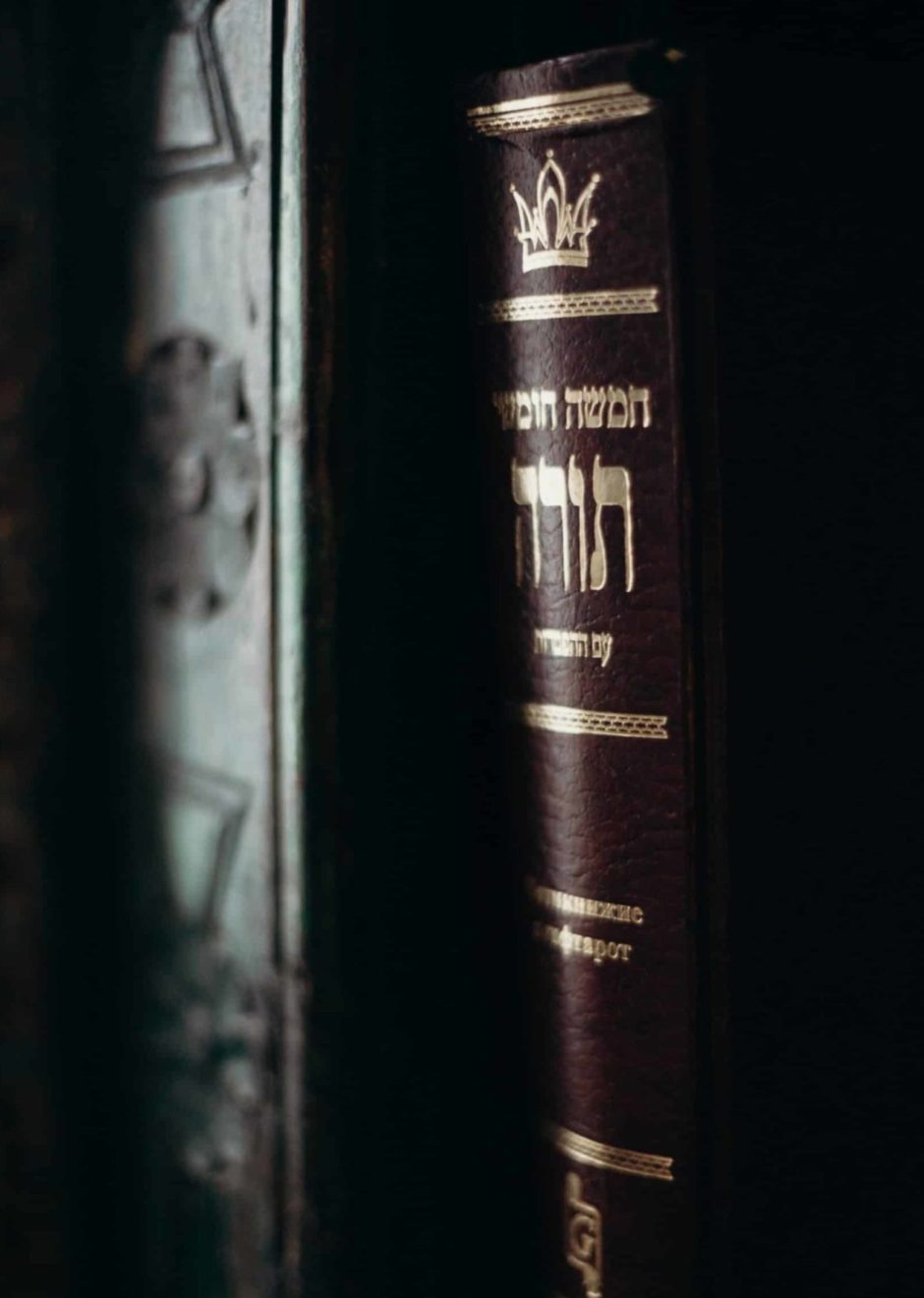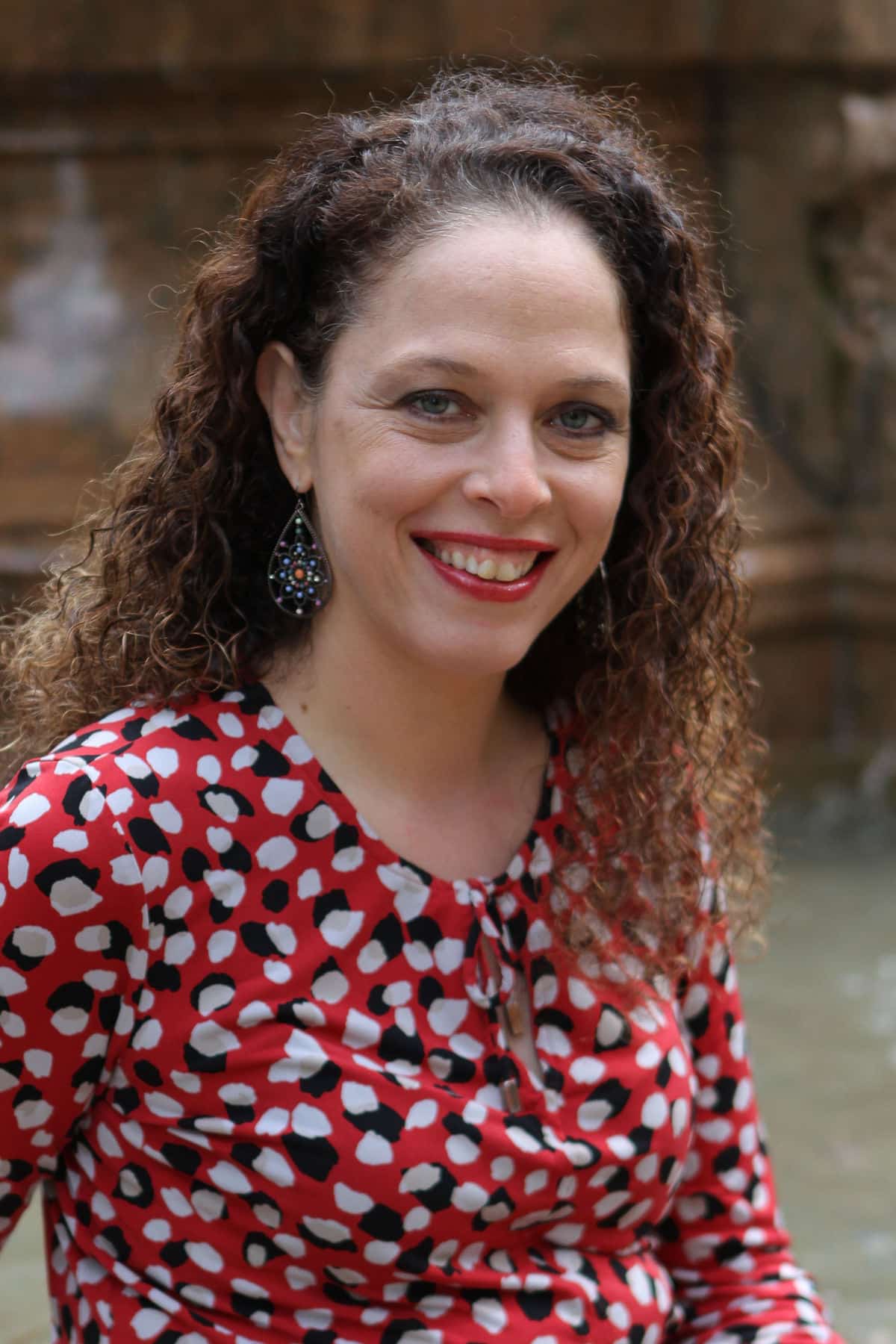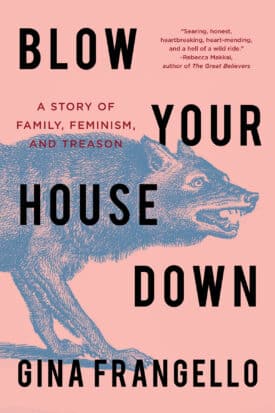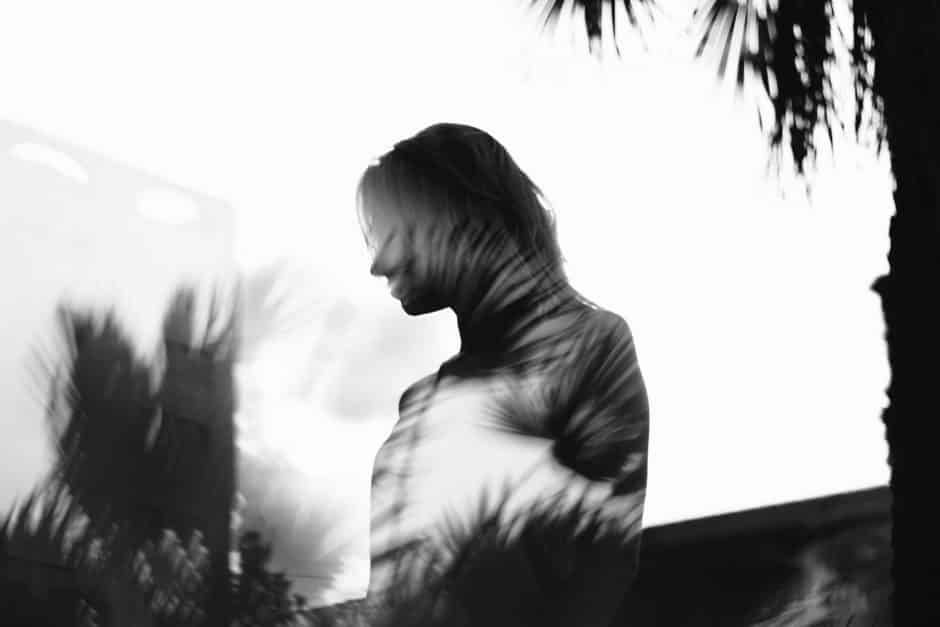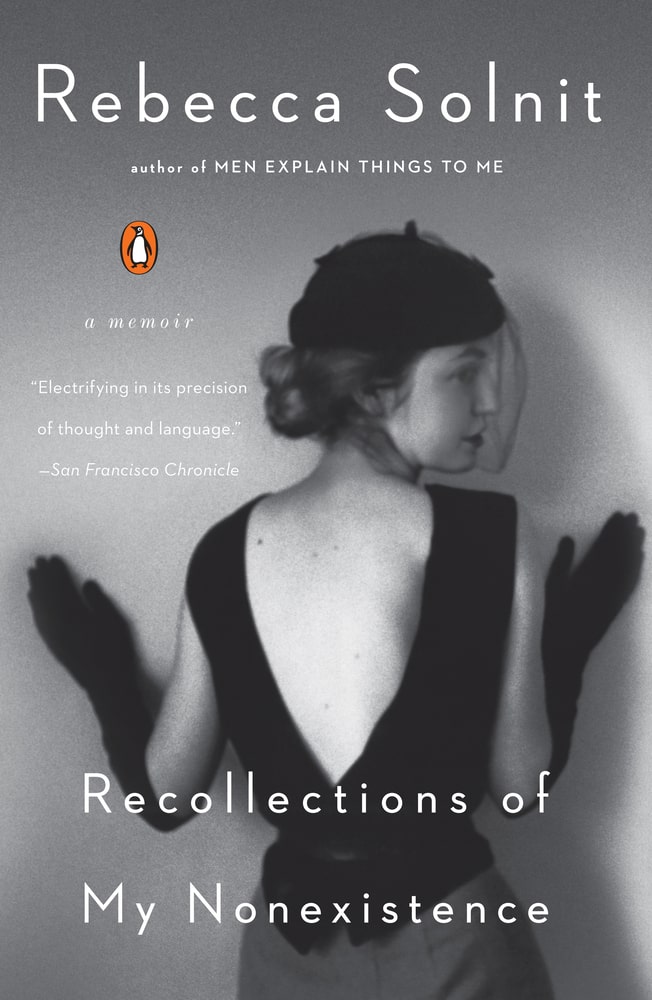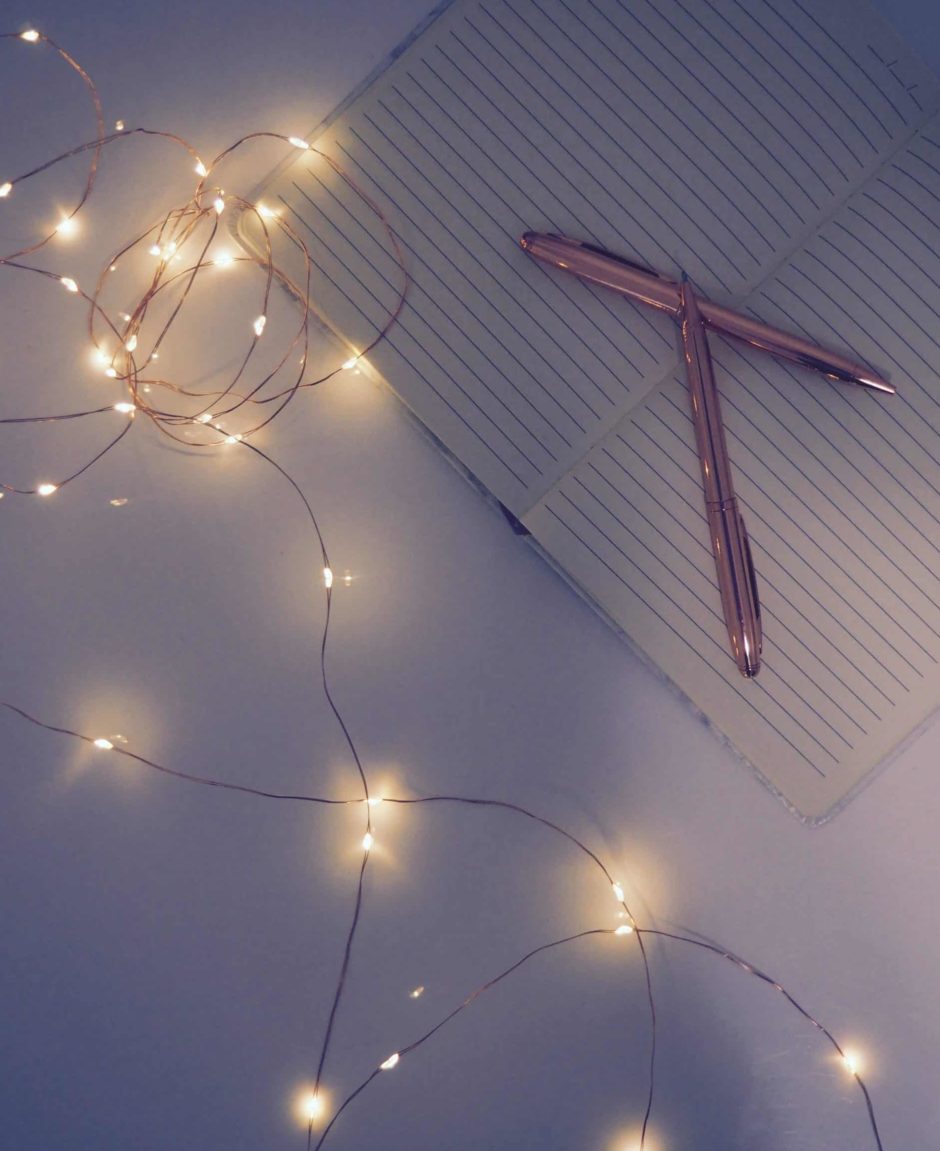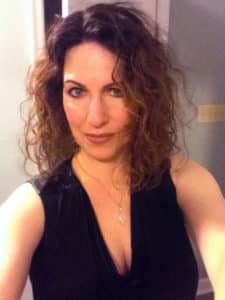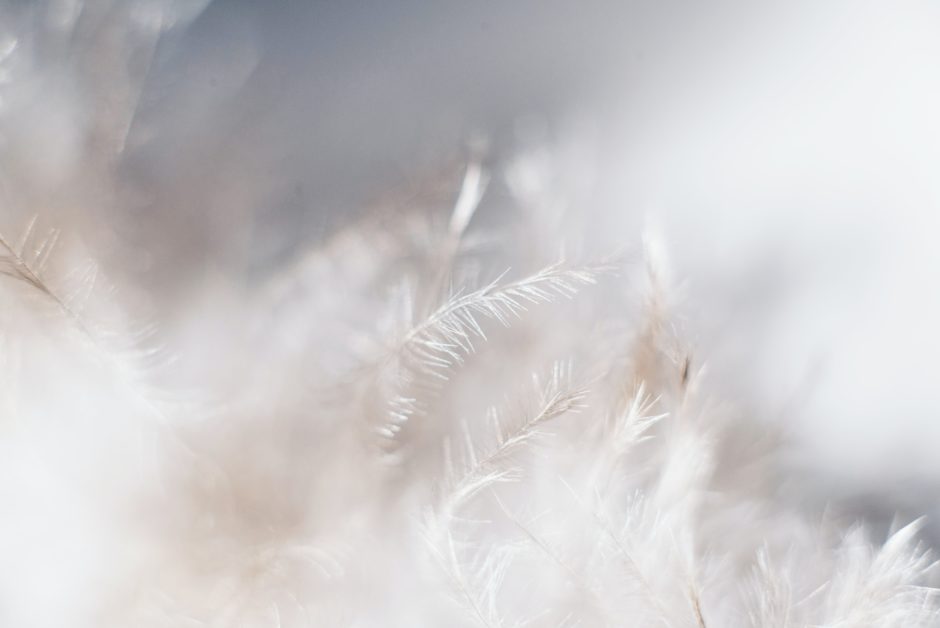I had a sickening revelation.
It came after my friend Delphine texted me, saying she was going to join the 5 club. I have five children, and I immediately knew she meant that she was pregnant with her fifth child. “Congratulations!!” I wrote, along with heart and celebration emojis. “I’m so happy for you!” And I was, and I am.
But over the next few days, I began feeling melancholy and something else (wistfulness? sorrow?) about my friend’s pregnancy. I couldn’t quite put my finger on what I was feeling. Was it because after five healthy full-term pregnancies and children, I have had three miscarriages in the last two years?
With the first miscarriage, it was already happening before I knew I was pregnant. I wondered about the lateness and the heaviness of my bleeding, along with cramping, and took a pregnancy test. A faint line appeared, and the following day, another test showed an even fainter line.
With the second miscarriage, I was somewhere between 10 and 12 weeks. The miscarriage was messy. I had never seen so much blood coming out of a person, and my children banged on the door of our one bathroom while I sat on the toilet, wiping and wiping again, flushing and flushing again. I soaked through pad after pad. My husband took the younger kids to a birthday party while I spent two hours at the ob/gyn’s office and then another eight at the ER, where they wanted to make sure I wasn’t losing too much iron and blood. I lay on a table in the sonogram room, blood dripping onto the floor, weeping. Eventually, I was declared fine enough to go home. This miscarriage was more physically traumatizing than it was emotionally traumatizing, though I absolutely grieved the loss and still do.
The third lost pregnancy ended somewhere between 8 and 10 weeks, a 10-week ultrasound revealing the lack of a heartbeat. But my uterus did not expel the dead body inside me. I opted for a D&C and then wept for days. That was December 2021. I still sometimes burst into tears at inopportune times: during church when Ariel stood at the doorway, smiling at her infant baby girl Eleanor; when women in the Wednesday moms’ group began sharing their stories of pregnancy loss and secondary infertility.
My three pregnancy losses still crush me. For years, since my teens, I had dreamed of a family with six children, and I thought that that would be the life I would have. I don’t know if the idea of six children is something God-inspired that I feel a desire to fulfill, or if I created the vision of a family of eight on my own, and it became a dream that I’ve gripped onto all this time.
Hear this: I was, and am, profoundly grateful for the children that I have, but I still grieve the loss of three would-be babies, and the chance to raise a sixth precious child. When I cried to my friend Mara about how guilty I felt being so sad after my second miscarriage when I already have five healthy, beautiful children she said; “No! It’s completely fine to still be sad. You can be happy and sad at the same time. Two things can be true at the same time.”
Mara’s words were a revelation to me, so I continued to allow myself to feel heartbroken about that loss, and later, about my third loss.
But this time, after Delphine announced her fifth pregnancy, I wasn’t sure that I was just feeling sadness over my own losses. That was definitely part of it, yes, and I do not think it’s unreasonable or impossible to feel sadness for yourself and your own losses, even while rejoicing with a friend’s exciting news.
But there was more to my feelings than resurfaced grief.
What was it? I began asking myself questions and came to a horrifying conclusion. I had felt something similar to this when my friend Jill, who has birthed four bio children, adopted the child they had been fostering since infanthood. Delphine is very thin with gentle curves in the right places. She has thick, chocolate hair that falls in waves. Jill is also incredibly skinny with a thigh gap to die for, even in her early forties after four pregnancies. Jill is a gorgeous blond. And both Delphine and Jill are nice people too: kind, generous, friendly. But Delphine’s and Jill’s outward beauty and their body sizes are my focus.
Here is what my horrifying epiphany was:
I am jealous of these other women for having as many children as me and being more beautiful. I have never felt beautiful, and I am not what the world claims is beautiful. I’m average, maybe a Plain Jane. I’m not accomplished as far as career success, trophies, exploits – things that would gain me nods of approval from others. I never cared much about a career; I’ve wanted to write since childhood, and I was a public school teacher for a few years (which I was not very good at). What I did care about was being a mother. And that, I did. That I did (and do) very well.
My body is fertile, and I felt a self-satisfaction, pride, and achievement in carrying five pregnancies, vaginally birthing five babies, and raising them. I enjoyed, and still enjoy, being a stay-at-home mom, and I’m good at it. Here in New York City, having five children makes me an anomaly. I’ve had my fair share of obnoxious comments from commuters and people on the sidewalk (“Are all those kids yours?”, “You should have each of your kids plant a tree [to offset their existence]”), and judgmental looks.
But I also frequently hear, “I don’t know how you do it!” along with a sigh of approval. And once, a woman smiled from ear to ear, and said, “Five kids? You’re a unicorn!”
Let me make clear that I did not have children in order to one-up anyone else; I conceived each child with my husband out of love and for the love of new life itself. I value human life, and I don’t treat my children’s lives as checkmarks of “things I’ve accomplished.” But on the other hand, carrying, birthing, and keeping alive, five human beings into teenagehood and childhood does require hard work and a tremendous amount of involvement. I have done that, and I do take pride in it.
I would never diminish the work or value of motherhood and mothering. Mothers and mother figures are cornerstones of society. Mothers arguably have the hardest job in the world. Being a mother or mother figure is a worthwhile and worthy venture, a prized treasure, an invaluable position. It is both exhausting and soul-filling.
Somewhere in my head, I know that having children is not a measure of accomplishment. If it was, then women with infertility are worth less; women who choose not to have children are worth less. And that is obvious malarkey.
But also somewhere in my head, I must doubt my worth so much that I wonder if having children is my only value. Since I am not skinny and beautiful and since I do not have a paying career, I am laying all my worth on my children. Until my discovery, I didn’t realize that I was often subconsciously thinking, “She is way more beautiful than I am, but at least I have five kids, so I’m still worth something.”
I was, and am, disgusted by the fact that I feel this way. It is not fair to my children. It is not fair to me. It is not fair to any woman anywhere.
At the same time, I am curious about what brought me to this point. What went wrong in me or around me, that I dislike myself so much, that I feel like having children is all I’m good at? Why do I dislike my body so much, that I think I am not worth as much as Delphine or Jill?
Like the three would-be babies bled out of me or were scraped out of me and disposed of, may the flawed and damaging thought about my lack of worth also bleed away and be disposed of. It needs to go. Like I am grieving my pregnancy losses, may I also someday grieve the fact that I ever wondered about my own worth, that I ever wasted brain space on feeling like I’m worth less than the beautiful people. May I smile at myself in the mirror, from ear and ear, and like the lady on the sidewalk, say to myself, “You are a unicorn.”

